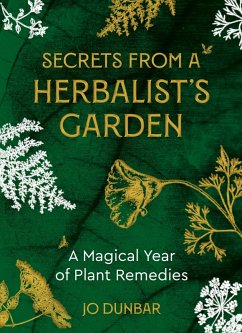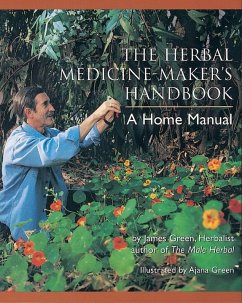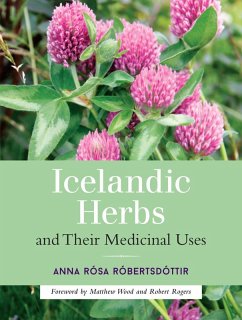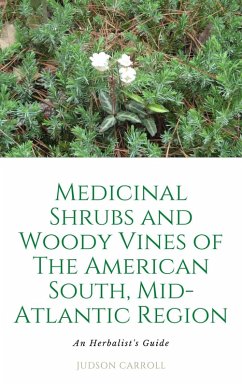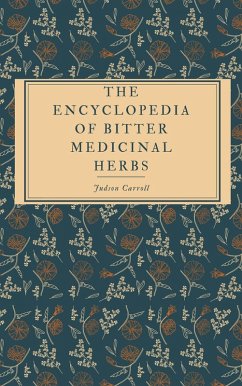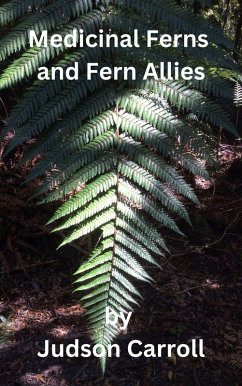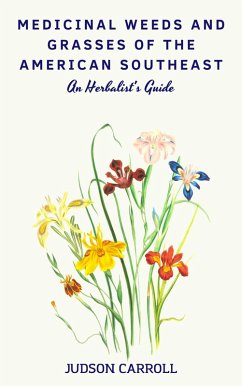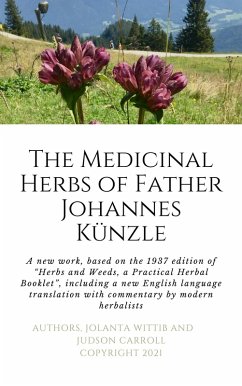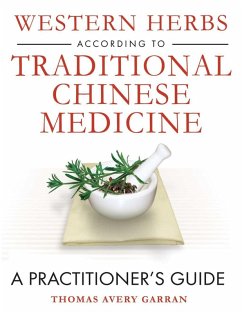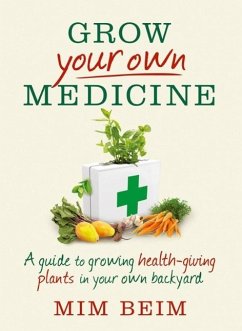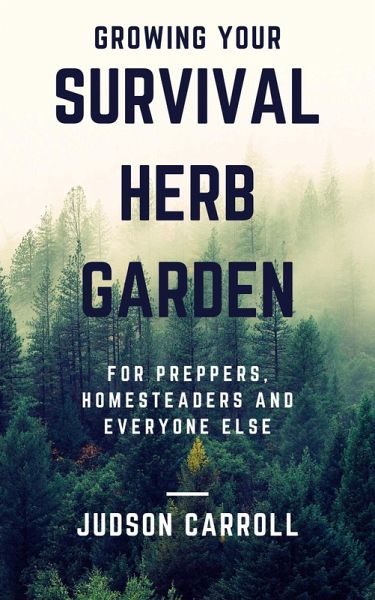
Growing Your Survival Herb Garden for Preppers, Homesteaders and Everyone Else (eBook, ePUB)

PAYBACK Punkte
0 °P sammeln!
In many ways, this book is Volume Two of my book, Herbal Medicine for Preppers, Homesteaders and Permaculture People. You may notice, however, that I left Permaculture out of this one... from the title, at least. This book will certainly be useful for "Permaculture People", but I want to stress that this book is for EVERYONE! Whether you have a large farm designed with Permaculture principles, a homestead or a backyard garden.... If you are limited to ornamental landscaping by a Property Owners Association's bylaws, have only a small condominium courtyard or even a container garden on an apart...
In many ways, this book is Volume Two of my book, Herbal Medicine for Preppers, Homesteaders and Permaculture People. You may notice, however, that I left Permaculture out of this one... from the title, at least. This book will certainly be useful for "Permaculture People", but I want to stress that this book is for EVERYONE! Whether you have a large farm designed with Permaculture principles, a homestead or a backyard garden.... If you are limited to ornamental landscaping by a Property Owners Association's bylaws, have only a small condominium courtyard or even a container garden on an apartment balcony, you can grow the herbs you need for most common ailments. Gardening, for many, is a hobby. For others, it is a passion. For anyone who wishes to treat themselves and their family at home with herbs, I believe it is a necessity. In my previous books, such as Herbal Medicine for Preppers, Homesteaders and Permaculture People, my goal was to provide multiple herbal remedies for common conditions that a person could treat at home. I stressed not only the importance of growing the herbs you may need in an herb garden, but I provided information on dozens of wild plants that herbs that one could learn to identify growing wild in woods and pastures... even in the average yard. My goal was simple. I wanted people to be able to do as I do... as was my training as an herbalist that began in the Appalachian Mountains when I was 15. I wanted everyone to be able to walk outside and spot several herbs they could use for healing. I use a lot of plants as Herbal Medicine that many other herbalists do not, and I use herbs in different ways than most. That is because my education as an herbalist was firmly rooted in learning about my native plants and their folk use. My classroom was the Blue Ridge Mountains and my teachers were people of Native American, Celtic and German heritage whose ancestors had survived using those herbs as their primary medicine for centuries. In this volume, I would like to focus on just a few herbs that can be used to treat common conditions, and how to grow them in your own herb garden. The herb garden is a natural medicine chest. Through the growing season, these herbs can be used fresh. For other times, they can be carefully dried and kept on hand for easy access. Most can be used effectively as simple teas (infusions and decoctions) others may be tinctured or even turned into lozenges, syrups or capsules, infused oils, slaves, lotions or balms. The goal of this book is "Kitchen Medicine". My sincere hope is that each individual and family may, one day, have the herbs they need growing close at hand and the knowledge to treat most common illnesses and injuries with those herbs, in their own homes. Let the doctors treat the conditions we cannot handle at home. Let us use the herbs and home remedies that served our ancestors well and enabled the human race to survive for the thousands or millions of years we have to this point! In growing medicinal herbs, we strive to do so using only natural methods. The plants we use for medicine should never contain toxic chemicals. This book focuses on natural, "better than organic" gardening. Everything I plant is a learning process. Perhaps that is what makes gardening so enjoyable. Perhaps that is why my great grandparents lived into their late 90s and a 90-something lady I know who is a practicing, teaching Master Gardener has more energy and vitality than most folks in their 30s. God designed man to steward the earth, to be a gardener. The fall of man did not take away that role, but made it a challenge. Regardless, it is the sweat of the brow and hands in the soil that can make us feel most alive and truly human. In the words of Joe Dirt, "Life is a garden, dig it!"
Dieser Download kann aus rechtlichen Gründen nur mit Rechnungsadresse in A, B, CY, CZ, D, DK, EW, E, FIN, F, GR, H, IRL, I, LT, L, LR, M, NL, PL, P, R, S, SLO, SK ausgeliefert werden.




